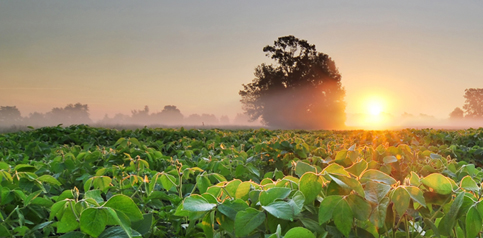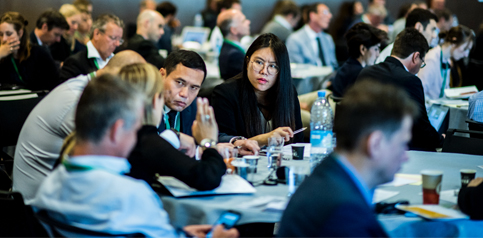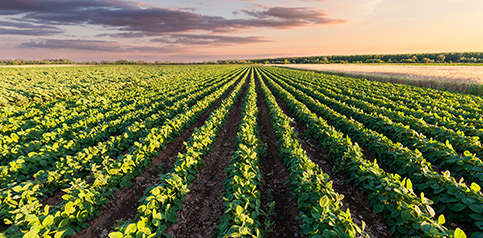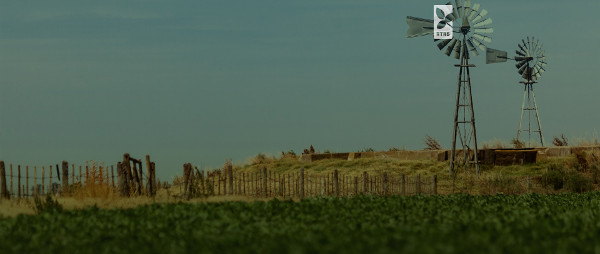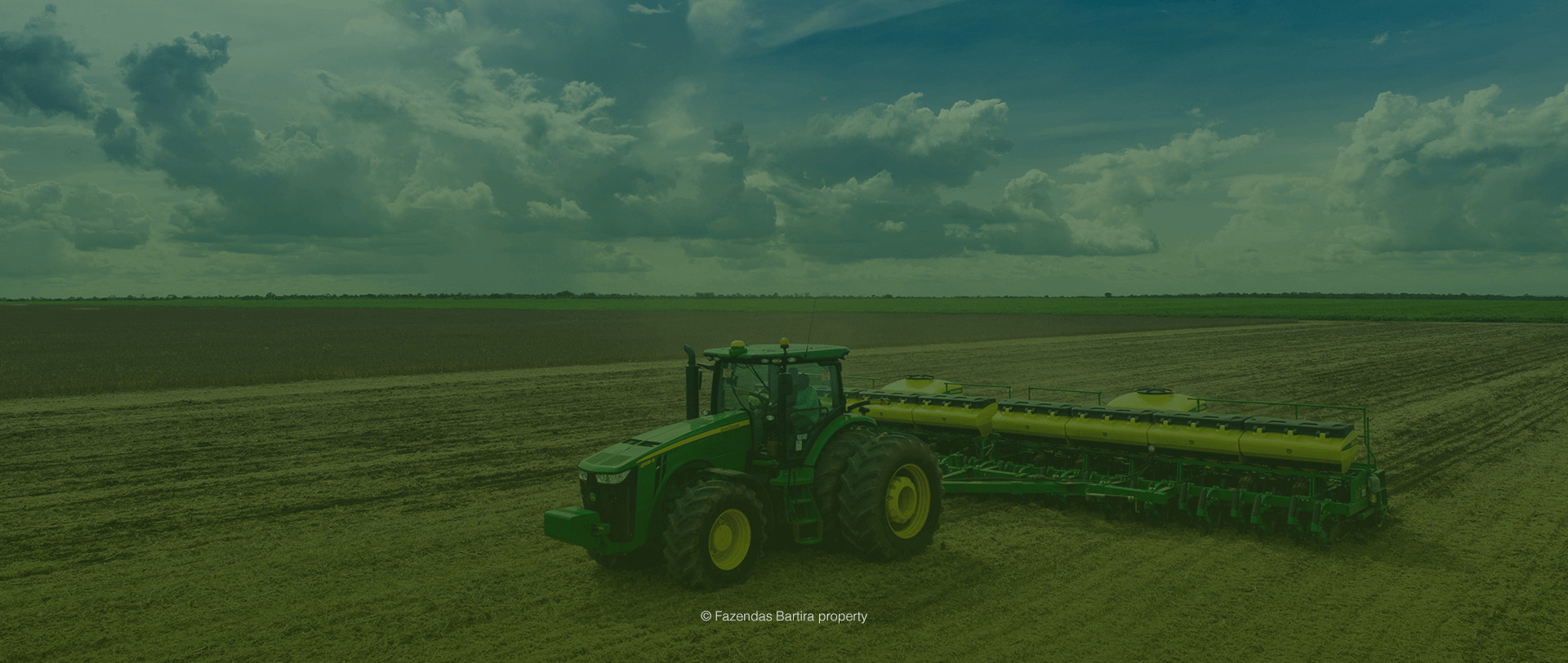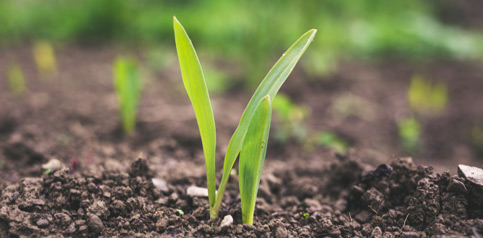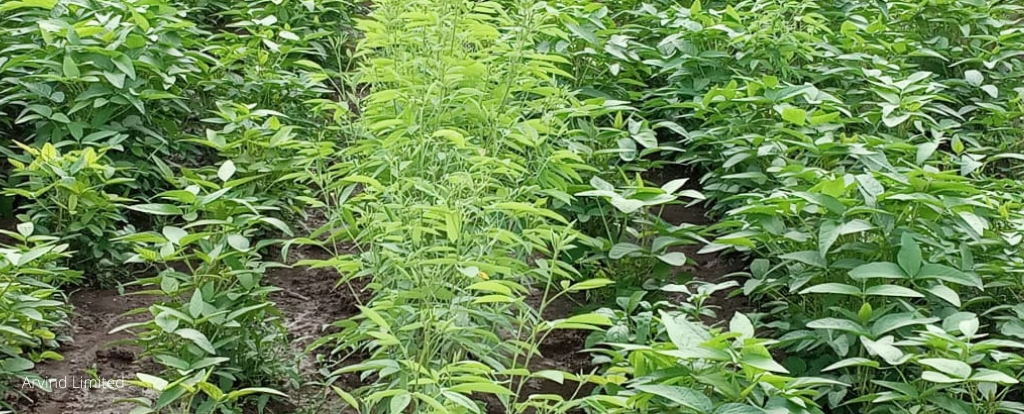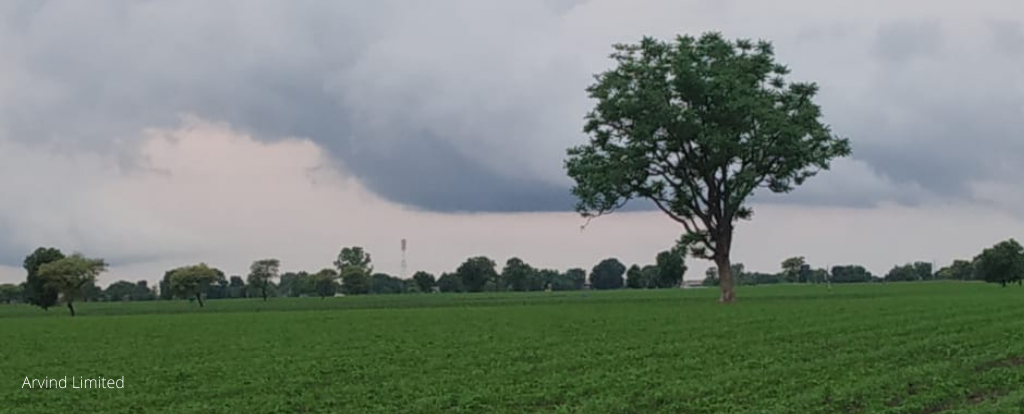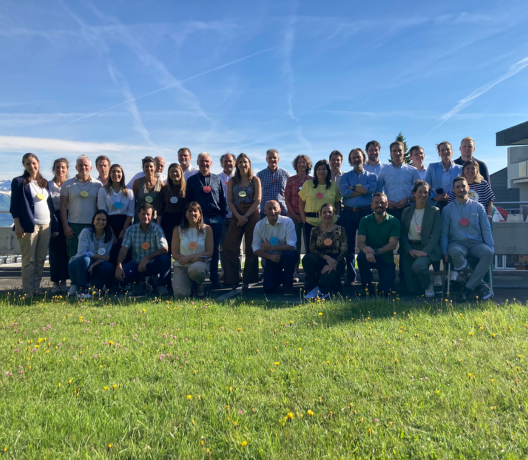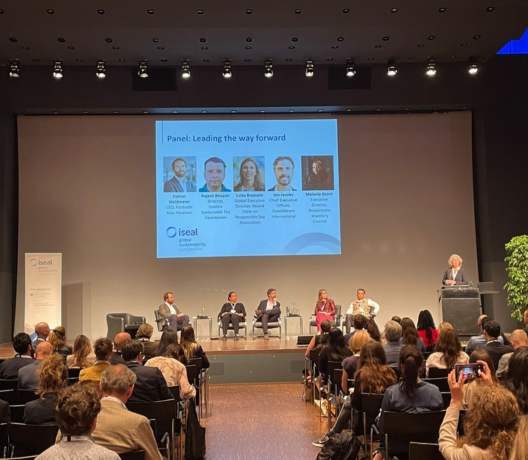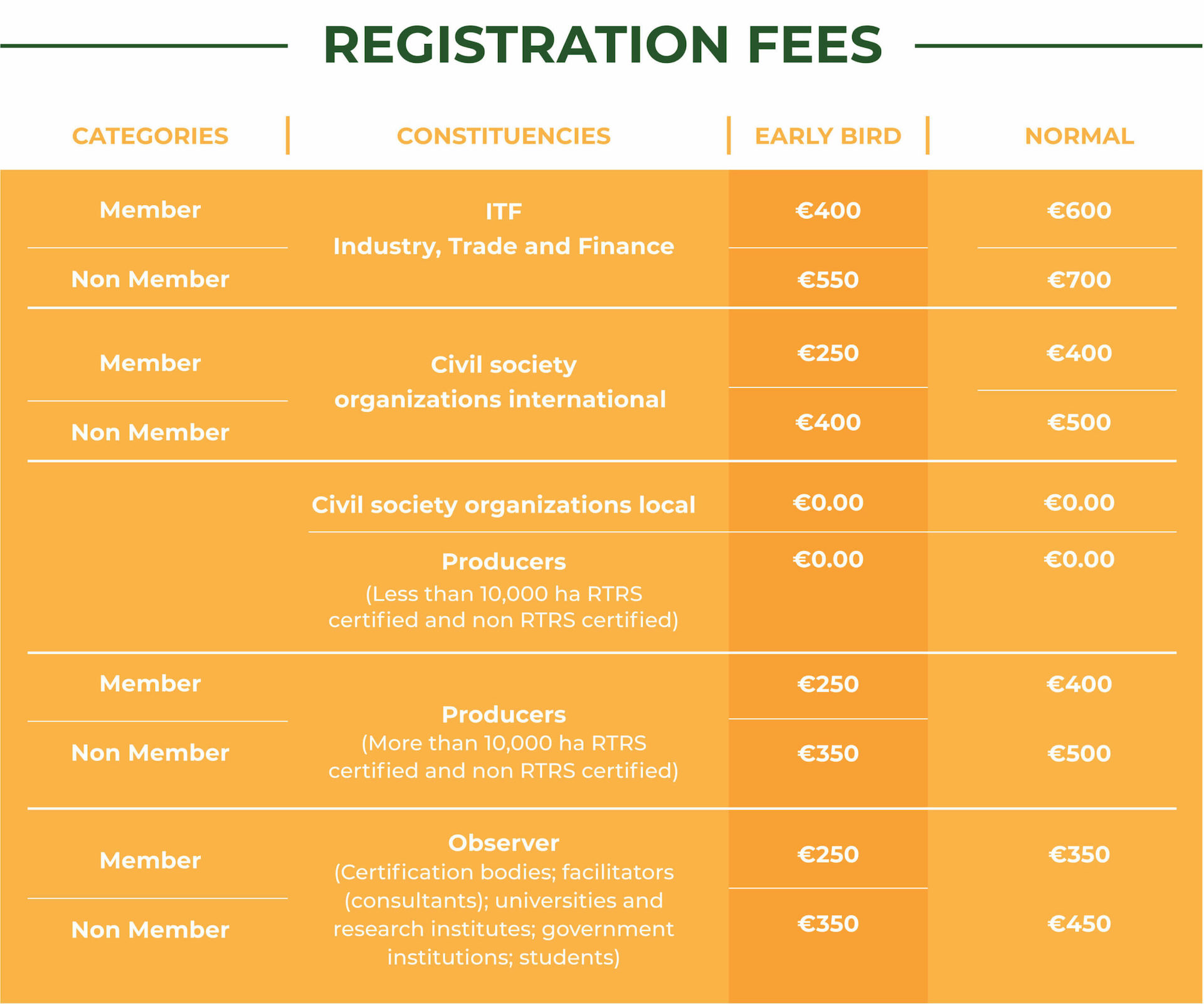RTRS certification in Asia: the experience of small holders
A marked increase in RTRS certified soy production in Asia reflects not only the global nature of the RTRS standards but also the effective tool for small soy producers provided under the Group Certification.
In 2020, year-to-date, 9,281 Indian soy producers certified 16,223 hectares and 35,689 tons of soy under RTRS Standard for Responsible Soy Production. The producers in India join other eight RTRS certified producers in China, who produced 61,348 tons of soy on 24,058 hectares in the same period.
In the case of India, where certified producers are represented by Mahaveer Udhyog and Arvind Limited, individual producers are smallholders, with two to three hectares on average. Certified producers in China, represented by Sinograin Northern Agriculture Development Company Ltd., hold slightly over 3,000 hectares each[1].
In both countries, soy producers were brought together under the Group Certification modality and have all equally accomplished the 106 global certification indicators under RTRS’s five principles: legal compliance and good business practices; responsible labours conditions; responsible community relations; environmental responsibility; and good agricultural practices.
Gomtesh Doshi, representative of Mahaveer Udhyog, assures that certification and specifically the implementation of good agricultural practices significantly improved task efficiency. “RTRS certification increases efficiency in farm management, which translates into soil protection and better water management. We’ve also seen improved employee motivation and stronger relationship with neighbors and communities.”
Han Zhan, a spokesperson for Sinograin Northern Agriculture Development Company Ltd., RTRS’s main certified producer in China, highlights several benefits of RTRS certification: “production management has improved as a whole: the level of productivity is higher and the soybean yield have increased. It has also positively impacted the use of inputs with a 3% decline in use of chemical fertilizers and pesticides each year.” Zhan also highlighted the positive environmental effect of the RTRS standard, which improved producers’ waste management practices and maintained the activity of soil organic matter.
According to Abhishek Bansal, Head of Sustainability at Arvind Limited, improved waste management and better working conditions are two of the top benefits of certification: “Thanks to training that our farmers received, we’ve seen a significant increase of awareness and adoption of health and safety measures by workers in the field.”
Stronger together: Group Certification
Smallholders in Asia are proving that RTRS Group Certification gives not only a cost-effective way for them to certify their production. “By working in a group, some tasks get done more easily. For example, different farmer skills are optimized, and increasing collective bargaining power (have stronger bargaining capabilities with input suppliers and credit suppliers)”, said Gomtesh Doshi.
Likewise, Abhishek Bansal remarks that “the group certification enables cross-learning of best agricultural and commercial practices through training and regular communication between producers.”
For his part, Han Zhan highlights “RTRS certification brought producers and managers closer, whether in technology or management, and the exchange increased our knowledge.”
The impact of RTRS certification for these producers has been as comprehensive and extensive as the commitment assumed and effort made by these RTRS´ producers to achieve the growth in these two countries. The commitment of the entire soy value chain to engage with Asian producers is a key element to encourage and sustain the implementation of sustainable certified agricultural practices in the region.
Beyond deforestation, responsible social and labor conditions should be equally considered in delivering riskless soy supply chains
Deforestation is a major global concern and there is consensus regarding its importance. But what about sustainability as a whole? While deforestation and conversion are critical issues to be addressed, other topics like legal compliance, good business and agricultural practices, responsible labor conditions and community relations should be equally considered in delivering riskless soy supply chains.
The RTRS certification system not only guarantees zero deforestation and zero conversion, but is also a truly holistic approach that ensures responsible business and agricultural practices, the preservation of biodiversity, soil and water, the protection of human rights, while respecting the customs and cultures of indigenous peoples and improving the well-being of local communities.
There is no single possible solution or one exclusive sustainability approach to tackle the complexity and the development opportunities of the soy supply chains globally.
RTRS is a tool that delivers tangible and holistic results for sustainable soy production and sourcing.
[1] The role of Mahaveer Udhyog, Arvind Limited and Sinograin Northern Agriculture Development Company Ltd. is to be the Group Manager for each certification process. The Group Manager is responsible for applying for certification, and holding the certificate on behalf of the group. It is responsible for ensuring group’s compliance with the RTRS standards and requirements and manages the group documentation.
Notes
-In addition to the producers, hectares and tons of certified soy production in India and China, there are currently 252certified producers in Argentina, Brazil, Uruguay and Paraguay. This represents 4.286.720 tons of certified soy. See the complete list here.
-Learn more about RTRS certification.


